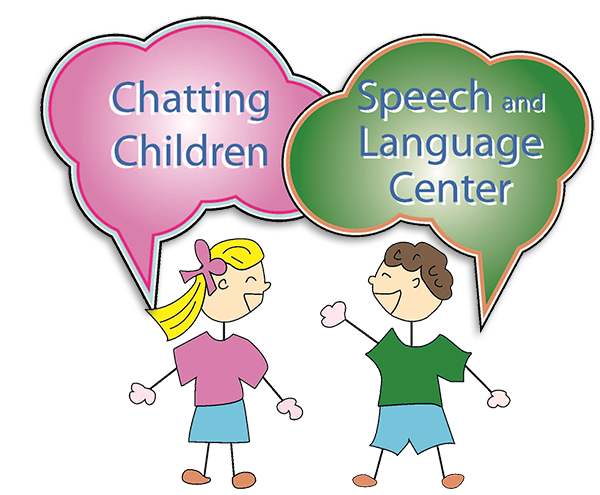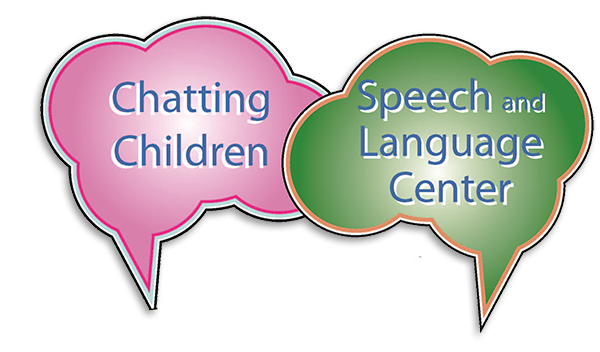TITLE
DESCRIPTION
OUR LATEST NEWS AND ARTICLES
FALL FUN!
There are so many wonderful activities to do with children during the fall that I’ve decided to organize this post based on my three favorite fall activities ...
Read MoreBACK TO SCHOOL AND SPEECH THERAPY – TO TELL OR NOT TO TELL?
Although this is a very personal decision, I am a huge proponent of collaboration. Collaboration between parents, educators, and the child’s therapist(s) can be the key to effective communication and academic success ...
Read MoreSPEECH AT THE BEACH!
One of the things I love the most about speech and language therapy is that carryover can be done in any setting and the beach is practically perfect ...
Read MoreMORE IPAD APPS FOR SPEECH AND LANGUAGE DEVELOPMENT
My column on iPad apps was a popular one! Apps can be a great way to work on a variety of speech and language skills. As always, I encourage play and social interactions more than technology; however ...
Read MoreWHAT IS APRAXIA?
Apraxia is a neurological motor speech impairment. A child with apraxia knows what they want to say but there is a breakdown in the transmission of the message from the brain to the mouth ...
Read MoreENDLESS LANGUAGE ACTIVITIES
Would you believe that there are endless amounts of language activities you can incorporate into play with wind-up toys? They are an inexpensive, fun, versatile and useful language toy that can be used with children of all ages ...
Read MoreMORE TIPS FOR PRE-READING
Our last post discussed the concepts of RHYMING, SEGMENTING and BLENDING to help improve a child’s pre-reading skills. This week, we are going to review two more phonemic awareness skills to practice with your child ...
Read MoreTIPS FOR PRE-READING
In order for children to get a head start on reading, they must have a strong understanding of how sounds and letters operate. We, as parents and educators, can help build a child’s phonological awareness skills ...
Read MoreADHD AND LANGUAGE IMPAIRMENTS
Many children diagnosed with attention deficit hyperactivity disorder (ADHD) or attention deficit disorder (ADD) manifest language, auditory processing and/or social language difficulties ...
Read MoreSOCIAL SKILLS EXPECTATIONS
Children with strong social skills are able to successfully interact with others. They have the tools needed for effective interpersonal functioning and have learned proper social skills through observation and experience ...
Read More‘TIS THE SEASON… FOR TOYS AND GAMES
Game night is my favorite night… Playing games is such a wonderful way to improve children’s comprehension of language, verbal language skills, and basic pragmatic skills ...
Read MoreTHAT TRICKY “TH” SOUND!
Speech sound acquisition is different in all children. With that being said, however, at least 50% of typically developing 4 year olds have all but two sounds that they can produce correctly ...
Read MoreLISP OR TYPICAL DEVELOPMENT?
A lisp refers to an inability to place one’s tongue in the correct location for accurate production of speech sounds. The most common type of lisp is a frontal lisp ...
Read MoreBOOKS, BOOKS, AND MORE BOOKS
Reading books is a perfect way to work on both receptive and expressive language skills. Although it is very tempting to simply read a book to your child, take an extra few minutes to talk about each picture on the page ...
Read MoreIPAD APPS FOR SPEECH AND LANGUAGE DEVELOPMENT
The iPad is a wonderful tool and yes, there are many apps that we use from time to time with our clients. I am a huge advocate for working on language and speech through board games and play but there are certainly times when the iPad has its advantages ...
Read MoreSTUTTERING… SHOULD I BE WORRIED?
Stuttering can be very worrisome for parents, especially when they notice their children becoming frustrated because they can’t “get their words out”. What most parents don’t realize is ...
Read MoreDOES MY CHILD HAVE AUTISM?
Children are who suffer from Autism Spectrum Disorder (ASD) demonstrate many of the following characteristics. If your child is demonstrating any of these behaviors...
Read MoreSPEAKING IN SENTENCES
At 24 months of age, children should have a vocabulary of 50-100 words and should be producing two-three word phrases. At this stage, a child’s vocabulary will consist mostly of nouns but ...
Read MoreDEVELOPING THE R SOUND
This is a question that parents frequently ask me. /r/ is one of the most difficult sounds to produce in the English language. It is a sound that requires strength and control of all articulators (e.g., jaw, tongue and lips) ...
Read More
